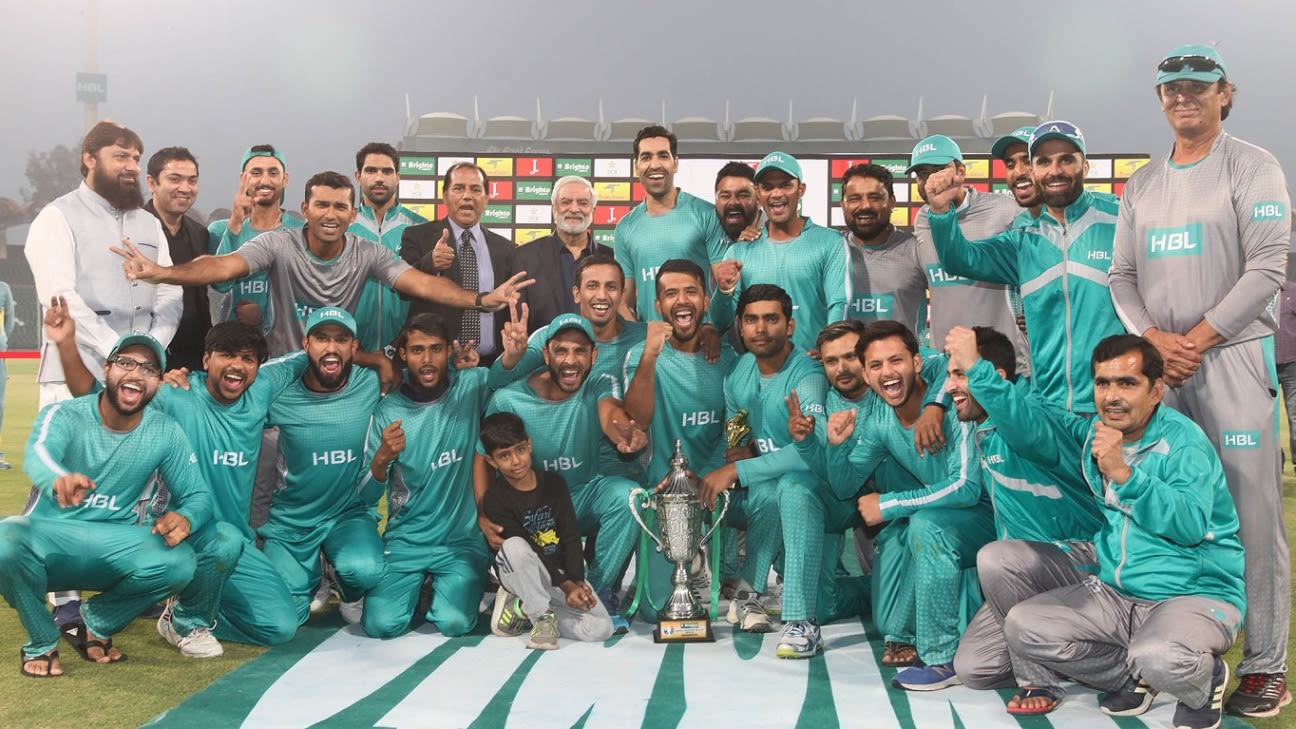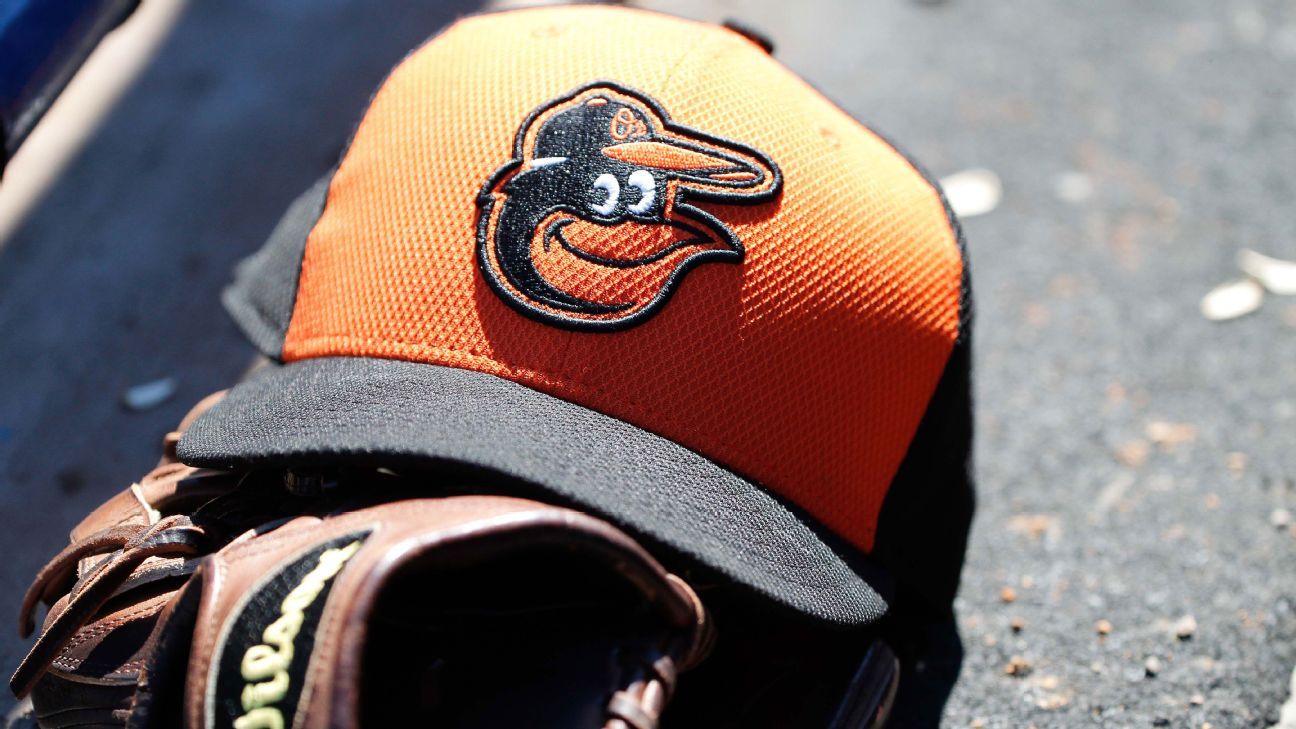
The PCB has made a principle decision to start the domestic season this year in the middle of the coronavirus pandemic under a strict biosecure environment. The season is likely to start in the last week of September with a national T20 Cup in Multan or Rawalpindi. The premier tournament Quaid-e-Azam Trophy will be hosted by Karachi all along. There will be a 40-man squad for each of the six association teams this year to counter the worst scenario of anyone testing positive for Covid-19.
Since 1972, Pakistan hasn't missed a single season of domestic cricket, though between 1953 and 1971, there were seasons (1955-56, 1965-66 and 1971-72) in which it wasn't held for many reasons including two India-Pakistan wars.
There were considerable doubts for the upcoming season as well due to the pandemic, with the country presently having nearly 275,000 cases. That led the government to announce a lockdown despite the upcoming festival of Eid, with all retail shops, markets, shopping malls and plazas to remain closed until August 5. The curve in the country has gone down in the last one month but the government remains cautioned with cases expected to take another peak by the end of July and early August, according to prime minister Imran Khan.
The domestic season will eventually start with a delay, though of not more than a month. The calendar is being worked out to limit the matches of a single tournament to one venue to effectively manage the logistics between the hotel and the stadium.
The PCB hasn't officially released the details, but unofficially it has been confirmed that the T20 Cup will be the first tournament to start the season, aiming at the Pakistan Super League players' draft in November to allow franchises to witness players. The national Under-19 tournament will also be played in the October-November window.
ALSO READ: PCB chief Ehsan Mani wants to attract foreign talent in domestic cricket
The first-class season will be played in Karachi with a truncated schedule as teams previously had to travel inter-city. But in Karachi, which has over six venues, the gap between two games will be reduced. There are SOPs that are being chalked out adhering to the protocol being followed internationally. Players who test negative for Covid-19 will be allowed to enter the bubble; any player breaching the protocol will have to go through a quarantine period and face a penalty ranging from a fine to a ban from one or more games.
All competitions are marked as being played under unprecedented circumstances with strict health and safety protocols. The SOPs will most likely mirror the international norms but a few will be customised on a duty to care basis. The playing conditions will broadly be the same, but as witnessed in the Test series between England and West Indies, bowlers will not be allowed to use saliva to shine the ball. Umpires, referees and scorers, who often went back home on normal days, will have to remain in the bubble alongside the teams in the hotels.
The PCB had last month tried to bring its cricketers back to training but the idea was shot down amidst concerns of Covid-19. The senior Pakistan team, however, flew to England in advance ahead of their series to train in a biosecure bubble. A group has been undergoing conditioning camps and playing intra-squad matches to prepare for the Test series starting August 5.
Amidst the coronavirus pandemic, the PCB has been in a bid to mitigate the impact on domestic cricketers, offering all the selected players annual contracts from August 2020. Otherwise, after extensive structural changes to the domestic game last season, there would have been a steep fall in the earnings of several cricketers. But this year, the board enhanced the value of contracts while introducing a new grade-based system of monthly retainers and match fees.















 Phone: (800) 737. 6040
Phone: (800) 737. 6040 Fax: (800) 825 5558
Fax: (800) 825 5558 Website:
Website:  Email:
Email: 






